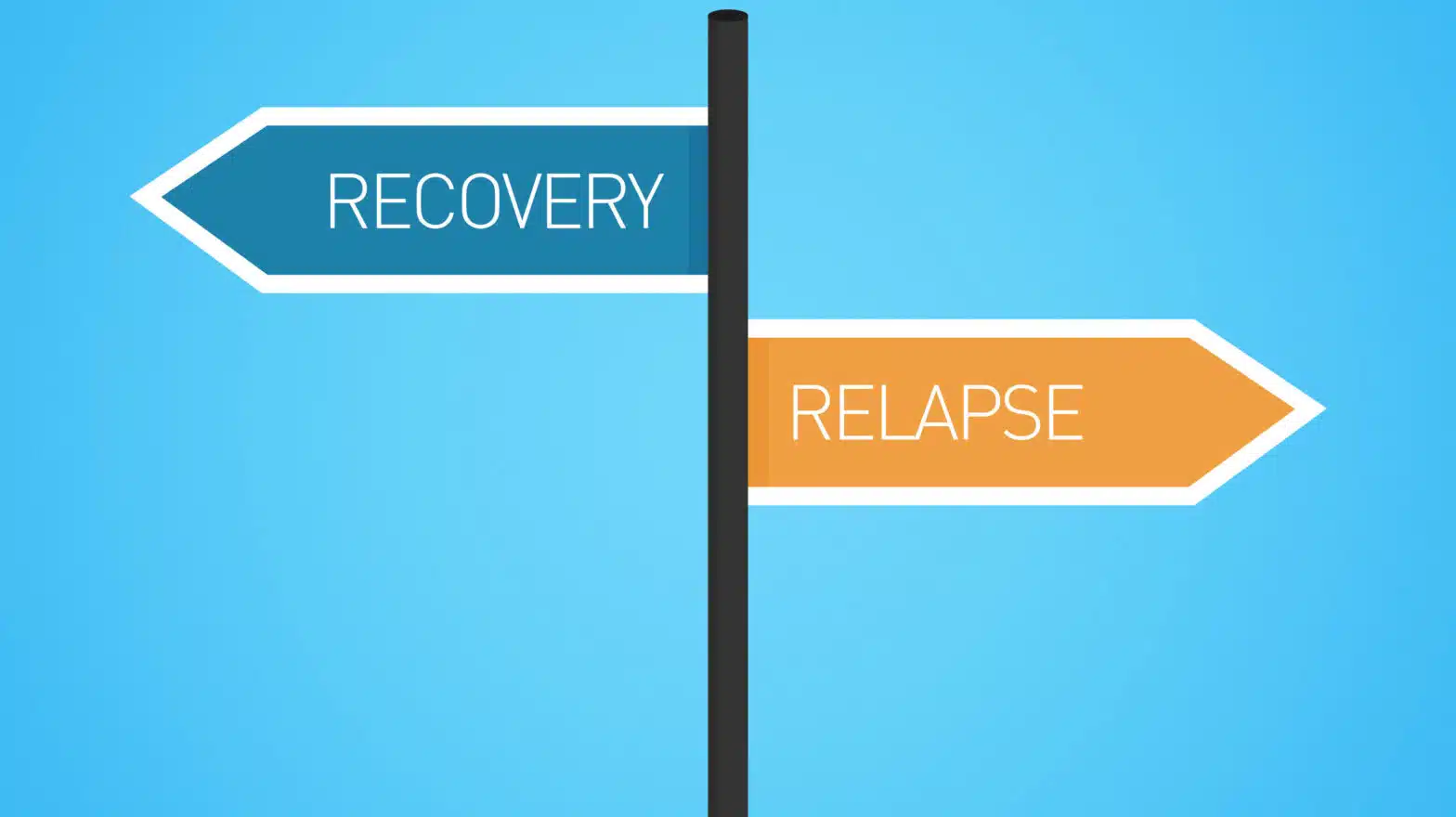What To Do If You Relapse In Sober Living
If you have a substance use disorder and relapse in a sober living house, it is crucial to seek support from someone you trust. Your housing manager may require you to go back into treatment short-term, but you may also be able to return after completing treatment.

Early recovery is a difficult time for those living with alcohol or drug addiction.
The transition from inpatient treatment with a full support system to everyday life can be very stressful and may contribute to relapse.
Sober homes help to ease this transition by housing multiple individuals in early recovery together to be a source of support for one another.
However, even in this supportive environment, relapse can still occur. What happens when you relapse in a sober living home may vary based on individual house rules.
The Risk Of Relapse In Sober Living
A study of 197 people who entered sober living homes after addiction treatment found that 55% of participants relapsed within six months.
The results of this study are comparable to studies covering similar populations.
In the short-term, sober living relapse rates are comparable to rates among people who did not go into sober living following treatment.
On average, people who are living with alcohol addiction have relapse rates of 40 to 60 percent while people living with drug addiction have an average relapse rate of 60 percent.
However, longitudinal studies have found that people who enter sober living facilities have reduced substance use, fewer arrests, higher employment, and reduced psychiatric complications after 18 months.
The Stages Of Relapse
Relapse doesn’t happen overnight. Relapse occurs in multiple stages, including emotional, mental, and physical relapse. Understanding relapse can help prevent recurring substance use.
During emotional relapse, a person is not actively thinking about alcohol or drug use, but their emotions may be setting them up for future relapse.
Warning signs may include defensiveness, bottling up emotions, not attending aftercare such as 12-step meetings or other support groups, and not managing mental health issues.
When mental relapse occurs, a person may be tempted but conflicted. Mental relapse may involve cravings and fixating on people, places, or objects associated with drug or alcohol abuse.
The last stage is physical relapse, which is a return to drug or alcohol abuse.
What Triggers Relapse?
There are a variety of reasons that people relapse, including environmental, emotional, and mental factors.
Factors that affect relapse rates in addiction recovery include:
- low self-efficacy
- lack of motivation for change
- lack of coping skills
- lack of social and emotional support
- cravings
- being around substance use
- spending time where you used to use drugs
- isolating from others
- untreated mental illness
- negative emotions
- overconfidence
- stress
- positive life events
With the variety of risk factors associated with relapse, it is crucial for clients to explore their triggers during treatment to achieve long-term sobriety.
Steps To Take If You Relapse In Sober Living
Sober living homes and halfway houses strive to provide a supportive, alcohol and drug-free environment for those in the early stages of recovery.
In order to do so, many facilities enforce strict rules, including abstinence. Sober living homes with a zero-tolerance policy will ask residents to find alternative housing if they relapse.
With that said, it is absolutely crucial to be honest about your relapse. Your sober living facility can help you reach out to an inpatient addiction treatment facility to secure housing and healthcare.
1. Seek Support
The first thing you should do after relapse is to tell a trusted person in your support network, such as your sponsor, counselor, or a family member.
Emotional and social support are crucial in the relapse process to help you get back on track with your recovery program.
Your sober living environment may ask you to complete detox or go back to a treatment center for a short period of time after which you may be able to come back.
2. Avoid Self-Blame And Judgment
It is essential to avoid self-blame and judgment after a relapse. Self-blame can negatively impact your overall well-being and may actually increase the risk of relapse in the future.
Instead, people who relapse should treat the experience as an opportunity for growth and reflection.
Start by working to understand what triggered the relapse without assigning blame, so you can develop strategies to prevent future relapse.
3. Arrange For More Intensive Treatment
If you have relapsed while in sober living, it may be best to arrange for a more intensive treatment option.
Relapse may indicate that you need a higher level of care, such as residential treatment or intensive outpatient treatment.
4. Establish A Revised Relapse Prevention Plan
When relapse occurs, it is essential to evaluate what caused the relapse to create an updated relapse prevention plan.
Relapse prevention plans help you evaluate your triggers and recognize signs of mental and emotional relapse.
It also provides you with a self-care plan for managing negative emotions and dealing with cravings and thoughts of using.
Learn More About Substance Abuse Treatment At Spring Hill
If you or a loved one have had a relapse in a sober living environment, we can help. Contact Spring Hill Recovery Center to learn more about our addiction treatment programs.
- Journal Of Psychoactive Drugs https://www.tandfonline.com/doi/full/10.1080/02791072.2023.2225502#:~:text=Relapse%20and%20resilience&text=Bradizza%2C%20Stasiewicz%2C%20and%20Paas%20(,from%2040%25%20to%2060%25.
- National Library of Medicine: Bookshelf https://www.ncbi.nlm.nih.gov/books/NBK551500/
- National Library of Medicine: PubMed https://www.ncbi.nlm.nih.gov/pmc/articles/PMC4553654/#:~:text=There%20are%20three%20stages%20to,%2C%20relax%2C%20or%20reward%20themselves./
- National Library of Medicine: PubMed https://www.ncbi.nlm.nih.gov/pmc/articles/PMC4393558/
- United States Department of Veterans Affairs https://www.va.gov/WHOLEHEALTHLIBRARY/tools/reducing-relapse-risk.asp/
- West Virginia Department of Health and Human Services https://dhhr.wv.gov/BBH/DocumentSearch/MAT/OBMAT%20Policy%20Templates/Relapse%20Prevention%20Plan.pdf/
- Wiley Online Library https://doi.org/10.1097/01.ALC.0000153544.83656.3/

